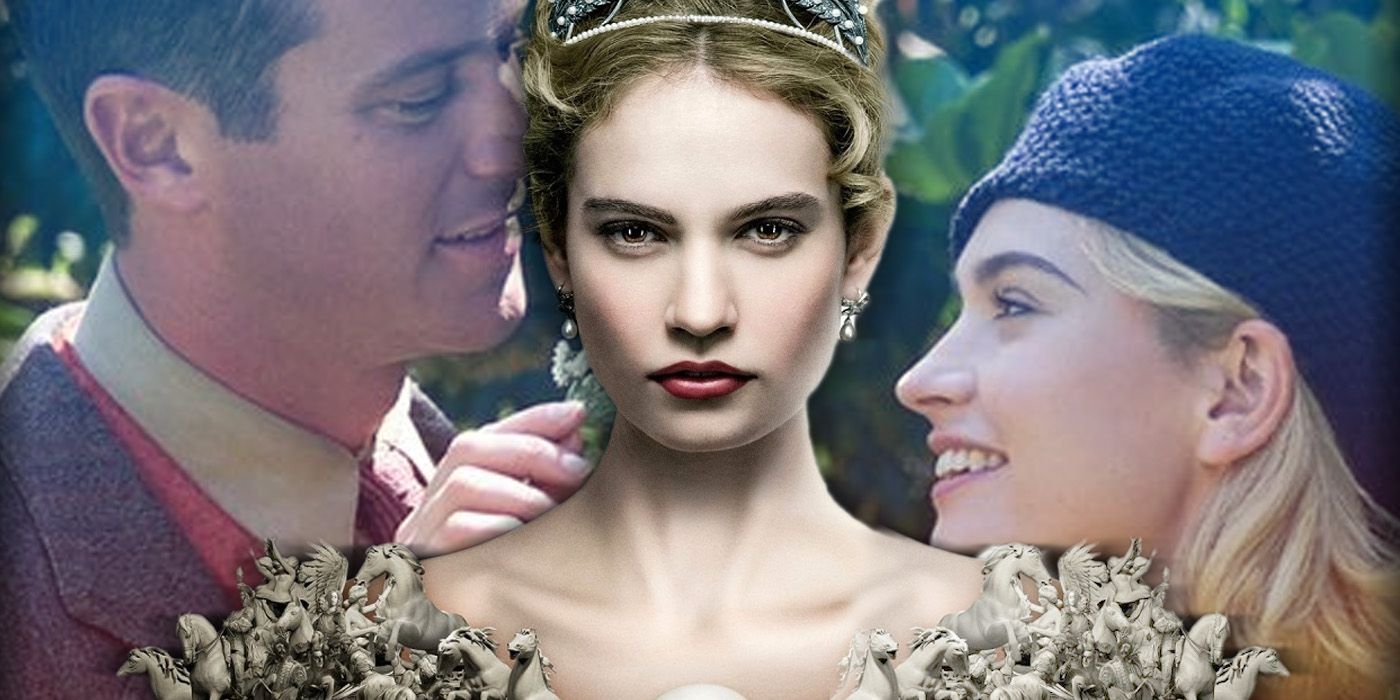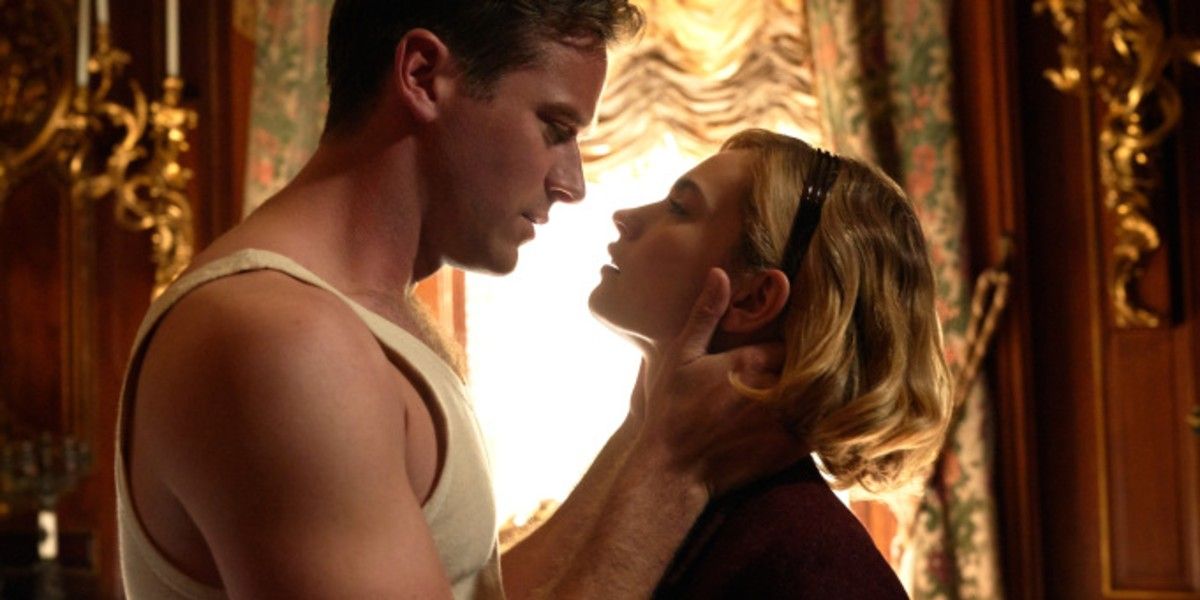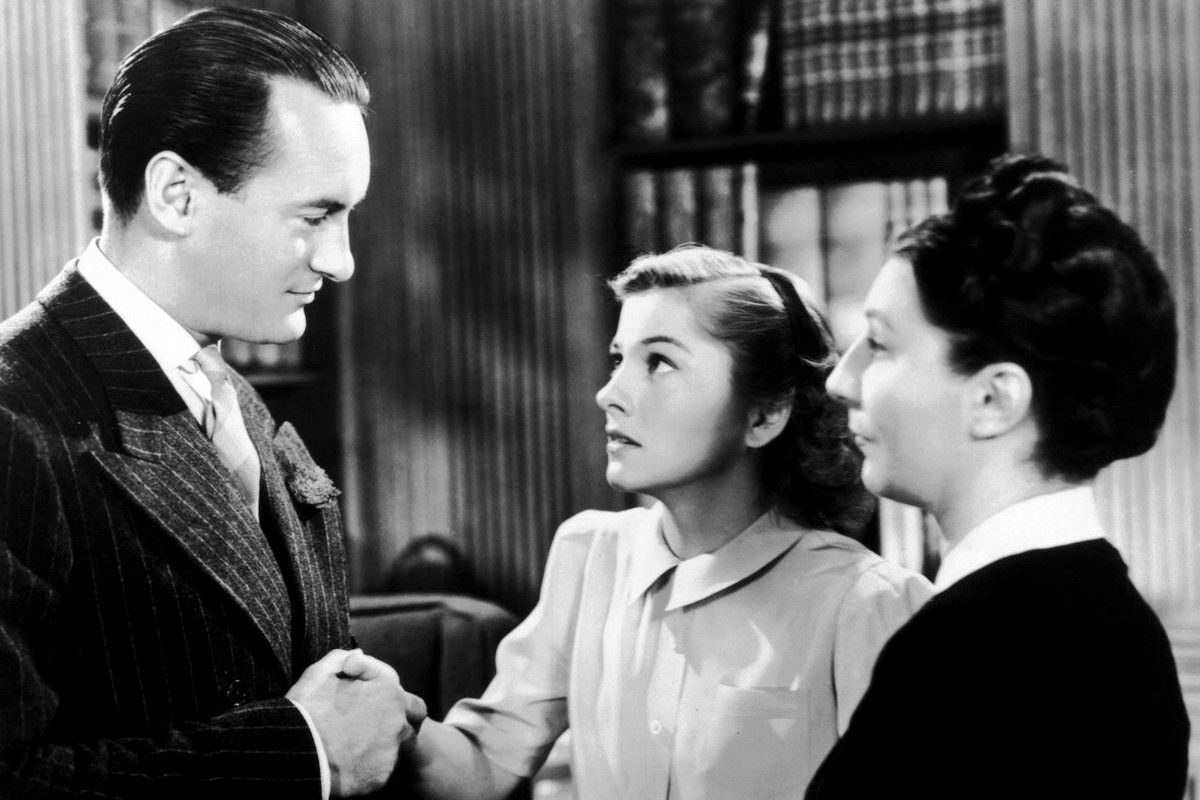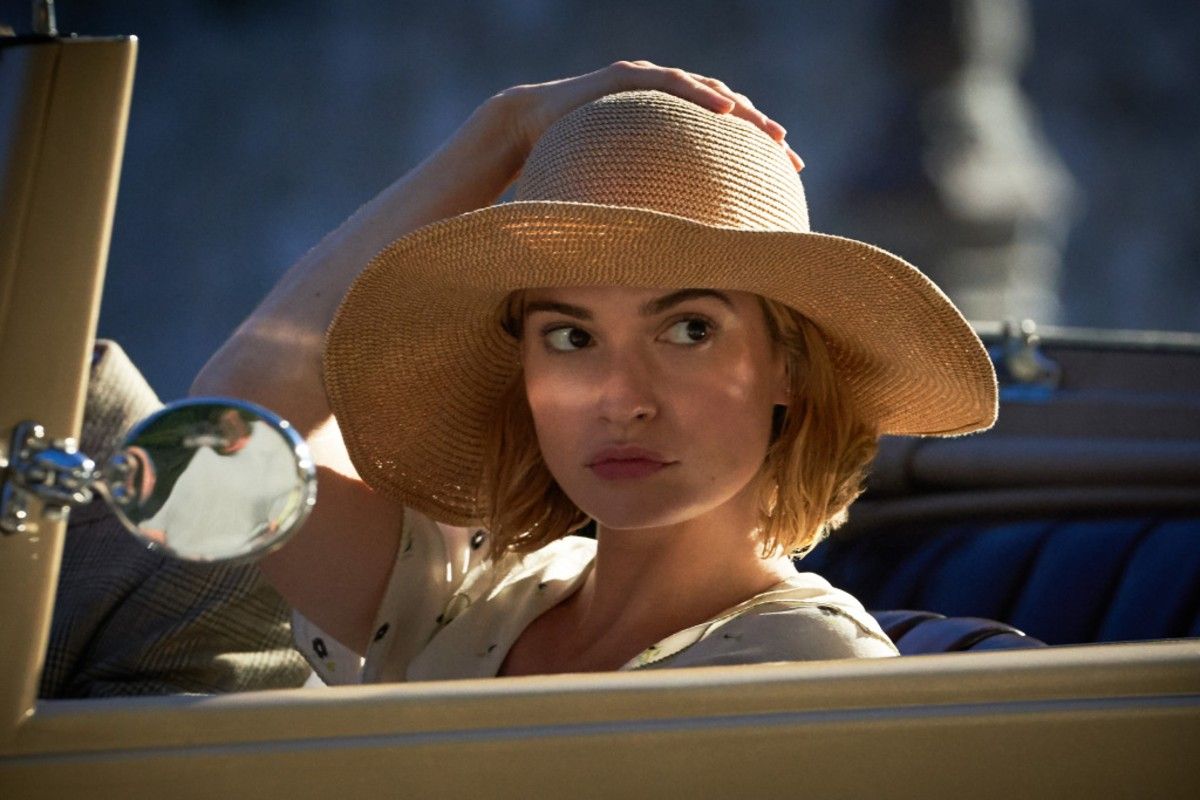Last week, Netflix announced that its remake of Alfred Hitchcock's classic Rebecca will be released on October 21. It will feature Lily James (Cinderella, Mamma Mia! Here We Go Again) and Armie Hammer (The Social Network, Call Me By Your Name) as the de Winters and Kristin Scott Thomas as the housekeeper Mrs. Danvers. The original movie, released in 1940, won an Oscar for "Best Picture" and featured Laurence Olivier and Joan Fontaine as the de Winters.
Remaking big, major movies from different time periods in the past is always a tricky undertaking. Remaking Hitchcock movies, though, is especially hard and a task that not many have tried - and one that did not bode well for those who did.
There are various reasons as to why remaking Hitchcock has not worked in the past, but two are pretty obvious. For one thing, the "Master of Suspense" worked in a different era with stylistically vastly different cinematography and storytelling, both of which do not necessarily translate to modern film, whether it be the number of cuts or lighting, for example. Just look at Gus Van Sant's horrendous 1998 remake of Psycho. It was a pretty close shot-for-shot remake of the 1960 horror classic, and it was universally canned, winning (if you can call it "winning") two Golden Raspberries: one for Worst Remake or Sequel, and one for Worst Director.
The other reason is that because Hitchcock's movies are held in such high esteem, it is almost impossible for a remake to live up to the original. Some attempts went horribly awry, as the aforementioned Psycho remake. Others, like the 1998 TV adaptation of Rear Window, are merely curious sidenotes in film history.
Rebecca could fall into both traps.
Remaking a Hitchcock classic is not like remaking any other horror movie or thriller – you cannot just adjust the plot a little, add CGI effects and a bit more action, and a few jump-scares and witty one-liners. That would go directly against what made Hitchcock's films, which are psychological masterpieces where shadows are as important as the lights and silence as important as sound, great.
With the bar being so high, the big question then is: why would Netflix even attempt to remake one of Hitchcock's early classics, especially in today's environment, where action and superhero blockbuster dominate theatres, in the first place?
For one thing, Netflix is likely counting on the fact that Hitchcock's 1940 adaptation – much like Daphne du Maurier's 1938 novel – is largely forgotten among younger viewers and even the population at large (feel free to conduct a little inquiry amongst your social circle and see how many people have seen Hitchcock's version or read the novel). For many, Rebecca will merely be a gothic movie released just in time for Halloween.
Secondly, the movie may not actually be as much of a Hitchcock remake as more of a separate approach to Du Maurier's novel. In an interview with the Daily Mail, Lily James noted that the movie was "an adaptation for today, with the idea that women aren't necessarily the weaker sex." (She also described the film as "sometimes trippy and psychedelic.")
What will help the film further, at least in the public eye, is that this version by director Ben Wheatley (High-Rise, Free Fire) will be a Netflix exclusive and, as such, will not be released in theatres. While this sounds like a non-factor, it can help the film's public perception in avoiding comparisons with the commercial success of Hitchcock's original adaptation, which not only won two Oscars (and was nominated for nine more) but also grossed $6 million (which translates into $109 million in today's money).
The big opportunity for this version of Rebecca then lies in being different: taking a different spin on the original novel, being filmed in a different time, and being released differently. Even despite all of these differences the film will not be able to altogether avoid comparisons to Hitchcock's version among film buffs – of course not – but if it can divert attention from the idea that it could be a scene-by-scene remake and instead carry its own flair, then the film can emerge from the shadow of Hitchcock's version.




